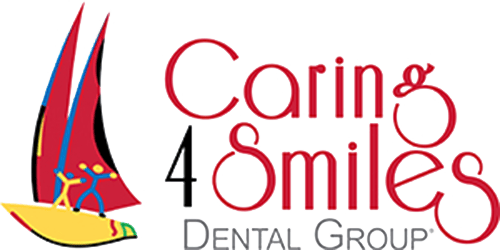Saliva production while asleep is considered normal. The production of saliva fluctuates throughout the day and night, possibly following a circadian pattern. While individuals typically generate more saliva during waking hours and less at night, saliva production persists during sleep. This saliva plays a crucial role in maintaining moisture in your mouth and throat, essential for overall well-being. High saliva production during sleep can result in drooling, potentially contributing to issues such as unpleasant breath, dehydration, and feelings of self-consciousness.
In most cases, after generating too much saliva, drooling occurs, and there is difficulty in retaining saliva within the mouth, or swallowing becomes hindered. The condition of overproducing saliva is referred to as sialorrhea or hypersalivation. Children & adults with a normal swallowing cycle do not drool. Therefore, we work with children as young as 3 years, to correct an improper swallowing technique.
Does drooling indicate another problem?
Drooling often accompanies sleep bruxism, which refers to teeth grinding during sleep. This correlation might occur because of the connection between bruxism and breathing through the mouth, as saliva is more prone to escape when an individual sleeps with an open mouth. Alongside drooling and mouth breathing, other prevalent factors that increase the risk of bruxism involve snoring, restlessness, and shorter durations of sleep.
Mouth breathing is usually accompanied by snoring, drooling and protruded front teeth.
Fixing Mouth breathing
In numerous instances, early intervention is required. Few individuals will cease mouth breathing and bruxism over time without any intervention, so, if left untreated, many adults will continue to exhibit severe teeth grinding, clenching and orthodontic issues, necessitating advanced treatment. A Myofunctional treatment approach works well if started early. In cases of pronounced severity, alternatives encompass specific dental techniques, therapeutic methods, and medications aimed at averting additional tooth impairment and alleviating the pain or uneasiness in the jaw.
Myofunctional Vs Dental Treatments
If you or your child is dealing with mouth breathing, snoring or bruxism, your healthcare provider might propose approaches to safeguard or enhance dental health. These methods could prevent or address tooth wear, but they might not entirely halt the underlying cause – mouth breathing. Early Myofunctional treatment is best when started early in children.
- Dental splints and mouthguards. Crafted to maintain a gap between teeth, these devices mitigate the harm caused by clenching and grinding. They can be fabricated from rigid acrylic or softer materials and fit over either the upper or lower teeth.
- Dental adjustments. In cases of significant severity, especially when tooth wear has led to heightened sensitivity or impaired chewing ability, your dentist might consider reshaping the chewing surfaces of the affected teeth or employing crowns to rectify the damage.
Caring 4 Smiles Dental Group comprises a team of contemporary and amiable dentists in Epsom’s heart. We take immense pride in delivering top-tier dental care of the highest calibre at budget-friendly rates within our modern and welcoming facility.
Feel free to contact us today at 09-631-5416 if you’re encountering discomfort or pain that you suspect may be attributed to nocturnal teeth grinding. For those who wish to explore, take a virtual 360-degree tour of our clinic! Alternatively, if you’re ready to make the call, you can conveniently schedule your initial appointment online. We eagerly anticipate the opportunity to welcome you and assist you in addressing your bruxism concerns, ensuring you can resume relishing life free from tooth-related discomfort!
